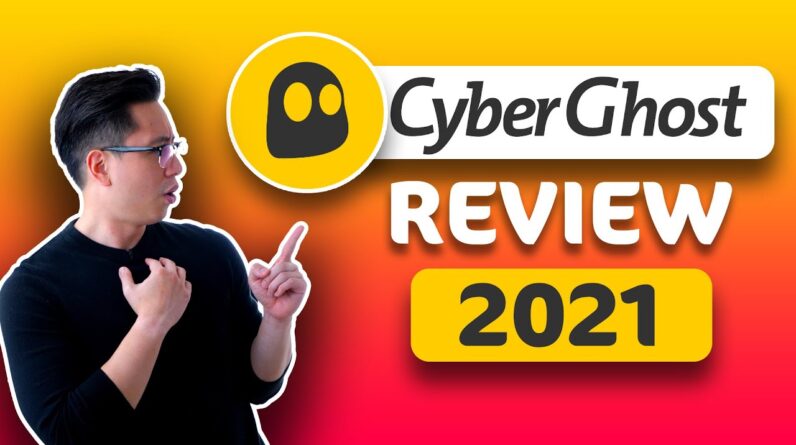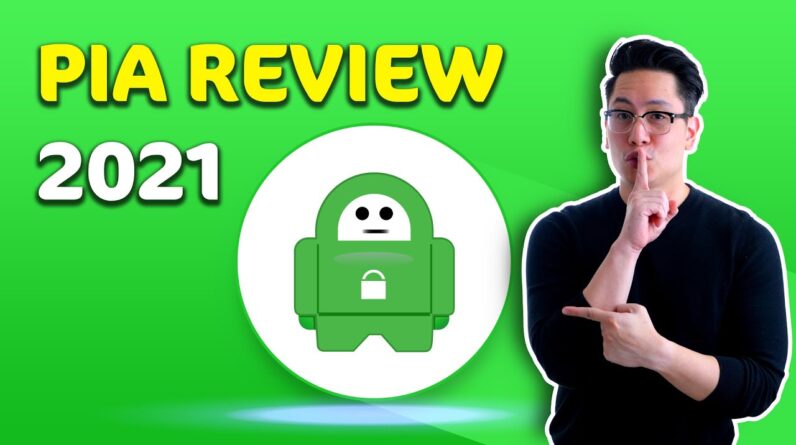The act of revealing someone’s private details on the internet, known as doxxing, poses an increasing threat in today’s digital era. This can result in harassment, harm to one’s reputation, and potentially physical danger. However, there’s no need for immediate alarm. This article will explore proven strategies for defending against doxxing. We will discuss protective actions to implement prior to an incident and actions to pursue should you fall victim to doxxing. Continue reading to discover methods for protecting your digital presence and personal data.
Introduction
As technology advances and the internet becomes more integrated into our lives, the threat of doxxing is becoming more common. Doxxing, short for “dropping docs,” is the practice of publicly releasing someone’s personal information online without their consent. This can include their real name, address, phone number, and even financial information.
Doxxing can happen in various ways. It can occur through social media, where people often share personal information without realizing the implications. It can also happen through data breaches, where hackers gain access to personal data and sell it to third-party companies.
Not only is doxxing a violation of privacy, but it can also lead to serious consequences. Doxxing has been linked to swatting, where emergency services are called to someone’s home under a false pretense, and even murder. Therefore, it is crucial to take steps to protect yourself from doxxing. In this article, we will cover how to protect yourself from doxxing both before and after it has occurred.
Protecting Yourself from Doxxing – Before It Happens
Limit The Personal Information You Share Online
The first step to protect yourself from doxxing is to be careful about the personal information you share online. Don’t share sensitive information like your home address, phone number, or any financial information on your social media profiles. Always be cautious when sharing personal information online. Be aware of the privacy settings on your accounts and make sure only trusted friends can access your personal information.
Data Broker Removal Tools
Data brokers are companies that collect and sell personal information without your knowledge or consent. They can obtain information from public records, social media, and even marketing databases. Not using data broker removal tools may lead to personal information being available to the public. Therefore, it is recommended to use data broker removal tools such as Incogni to remove personal information from websites.
Keep Your Social Media Accounts Private
Making your social media accounts private is another important step in protecting yourself from doxxing. Check your privacy settings and ensure that only people you know and trust can see your posts and personal information. Avoid accepting friend requests from people you don’t know or who seem suspicious.
Be Cautious of Clicking Links
Phishing scams are a common way hackers obtain personal information. They send out emails or messages that seem legitimate but lead to a fake website, where personal information is collected. Always double-check the sender’s email address and be cautious of clicking links or downloading attachments from unknown sources.
Protecting Yourself from Doxxing – After It Happens
Monitor Your Online Presence
If you suspect that you have been doxxed, it’s important to monitor your online presence. Regularly search your name on Google and other search engines to see what information is available publicly. This will help you identify where your personal information is being shared.
Remove Personal Information from Websites
If you find personal information on websites, use data broker removal tools like Incogni to remove it. You can also contact the website owner or hosting company to request that your personal information is removed.
Change Your Passwords
If you suspect that your social media or email accounts have been compromised, change your passwords immediately. Use strong passwords that include a mix of letters, numbers, and symbols.
Contact Authorities
If you feel that you are in danger or have been a victim of a crime such as swatting or stalking, it is important to contact the authorities immediately. They can take steps to protect you and investigate the situation.
Stay Vigilant
Doxxing can have long-term effects on your online reputation and personal safety. Therefore, it’s important to remain vigilant and take steps to prevent it from happening again in the future.
Conclusion
Doxxing is a significant threat to online privacy and personal safety. By limiting the personal information you share online, using data broker removal tools, and keeping your social media accounts private, you can protect yourself from doxxing before it happens. If you suspect that you have been doxxed, it’s important to monitor your online presence, remove personal information from websites, change your passwords, and contact authorities if necessary. By staying vigilant and taking these steps, you can safeguard yourself and your personal information from doxxing.
FAQs
- What is doxxing?
Doxxing is the practice of publicly releasing someone’s personal information online without their consent.
- How can doxxing occur?
Doxxing can occur through social media or data breaches, where hackers gain access to personal data and sell it to third-party companies.
- What are data brokers?
Data brokers are companies that collect and sell personal information without your knowledge or consent.
- What are data broker removal tools?
Data broker removal tools are tools that help remove personal information from websites.
- What are some consequences of doxxing?
Doxxing can lead to serious consequences, including swatting and even murder.






